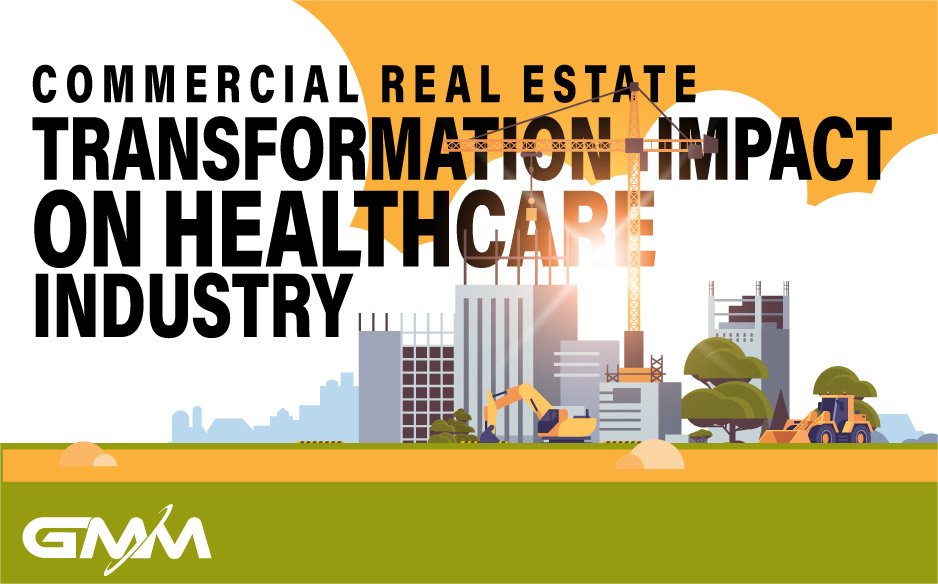The transformation of commercial real estate has had minimal impact on the healthcare industry. Ganesh Acharya, Principal for Genesis Medical Management provides recommendations for those practices looking to expand.
- Consider building safety amenities – air filtration, touchless and remote technology, etc.
- Reach out to current landlord first to check for current building vacancies
- Look for incentives, but avoid abandoned areas
Article
The past two years have brought about many transformations in commercial real estate. There are numerous vacancies as a result of some businesses closing and other businesses moving to remote working. According to Ganesh Acharya, Principal for Genesis Medical Management, the healthcare industry was not hit as hard as other industries. While there are some medical facilities implementing more telehealth services, and others downsizing to smaller spaces, there are many healthcare organizations that are looking to expand after significant growth over the past two years.
Like other businesses shopping in the commercial real estate market, healthcare organizations are seeking many safety amenities since the pandemic. There is a demand for facilities with high-quality indoor air filtration technology, ease-of-access features, touchless technology, outdoor amenities, remote meeting technology, and an increased focus on health and wellness amenities and procedures. This means that landlords are facing increased costs to maintain buildings and meet these needs.
Mr. Acharya recommends that those medical facilities that are looking to expand, consider reaching out to their current landlords first. The cost of relocation is likely higher than expanding within the current building. There may be recent vacancies in the current building for expansion, or space relatively close, and they already have an established relationship. It is likely that modifications were made to the current offices to meet specific medical needs, so the landlord will likely be open to additional modifications for the expansion. Additionally, a landlord will be motivated to retain tenants, so they may even consider providing incentives.
However, if there is no space available within the current building, or the practice is simply looking to relocate, Mr. Acharya recommends a few things to keep in mind. Consider looking for areas within the target city that have an increase in employees returning to work in the surrounding offices. The more employees there are in surrounding offices, the more potential for increase in clientele. If the practice is looking to lease a facility or offices, there is a likelihood that they can obtain some incentives due to high vacancy rates, however a completely abandoned area is not advised.
While the economy is still in turmoil, and the future is unknown, Mr. Acharya predicts that the healthcare industry will fare well. There are ever-growing demands of patients, to include providing telehealth services, using EMR software that integrates with patient communication software, and embracing AI technology. Practices that are implementing these services and technology are likely to continue growing and expanding.
Genesis Medical Management helps medical organizations to thrive in this highly competitive industry. Contact us today to help you with operational management, growth strategies, revenue cycle, and real estate development.
Let's Grow Together!
We look forward to learning about your healthcare business to discover how GMM can create a profitable solution!

Contact Us

Navigation
Contact Us

